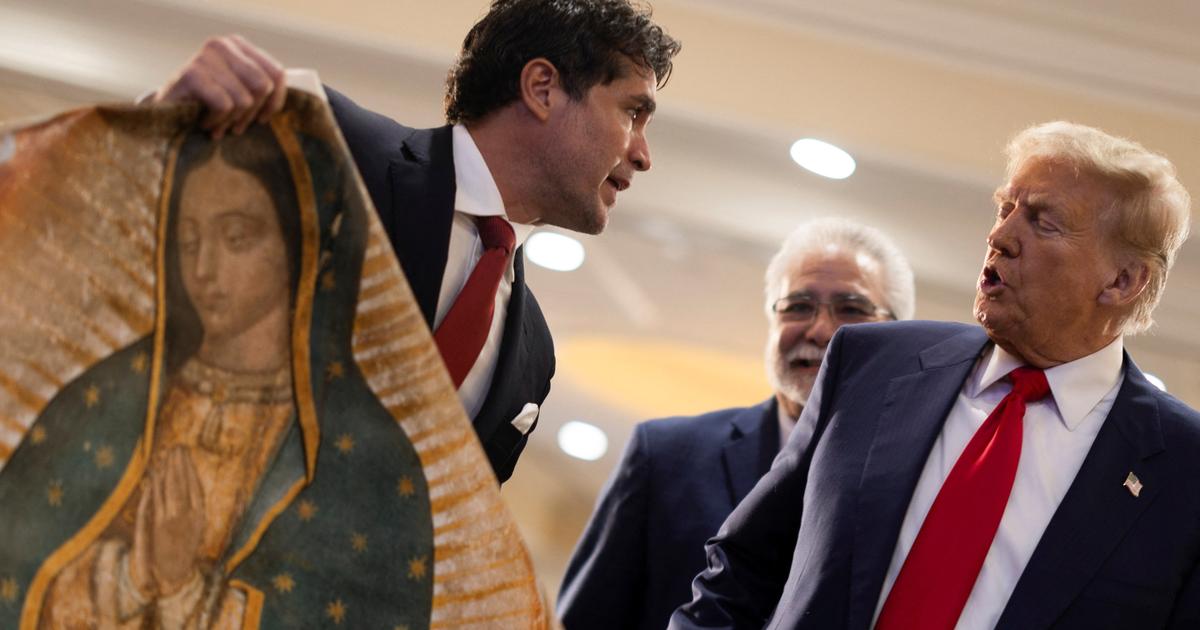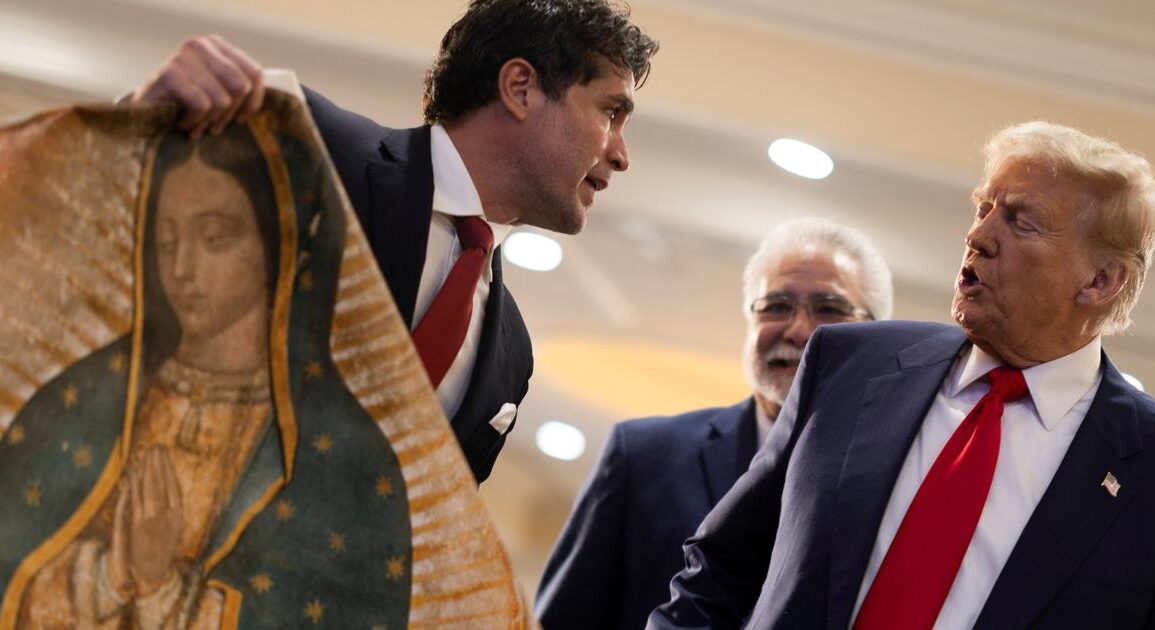
Race has long been a source of unpredictable energy in American politics, the subject of coded language and dog whistles as elections have turned variously on bigotry and solidarity. That’s been true for a lifetime. American racial politics settled into a kind of ugly equilibrium after former white Democratic segregationists became Republicans and Black voters fled their party for the heirs to Lyndon Johnson’s civil rights coalition.
Now the 2024 election was clearly — take heed, liberals looking for a silver lining — the least racially polarized in a generation. Trump made deep inroads into historically Democratic, working-class Mexican-American districts, and appears to have blunted Kamala Harris’ edge with Black voters. He did it without releasing the sort of focused policy proposals (the “Platinum Plan”) he did in 2020 and without promising any further action on his signature First Step Act, which softened harsh criminal justice policies. Some voted for him, some may simply have stayed home.
Instead, he campaigned through symbolism and outreach to men who didn’t go to college. One of the most surprising things I read this cycle was Kadia Goba’s journey through Trump’s campaign for Black men. It read a little like comedy.
Once she convinced the campaign she was seriously interested in the subject, “I got a call from Mets and Yankees slugger Darryl Strawberry. That was the beginning of an odyssey through the heroes and villains of my childhood: Over the next few weeks, I chatted with heavyweight champion Mike Tyson, stood backstage at a Trump rally with retired NFL star Lawrence Taylor, and traveled to meet boxing promoter Don King in person. Eventually, I talked to Trump himself.”
“They see what I’ve done and they see strength, they want strength, okay,” he said. “They want strength, they want security. They want jobs, they want to have their jobs. They don’t want to have millions of people come and take their jobs. And we — that’s what’s happening. These people that are coming into our country are taking jobs away from African Americans and they know it.”
American elections never really resolve much of anything. The parties return to the fight tomorrow. But it’s clear after this Election Day that Democrats will, for the first time in a generation, need to find a new way to reach people who were among its most reliable voters.
That means a new kind of bidding war between the parties for Latino and Black votes, and — possibly — new pressure on Republicans not to do anything that could chase its new allies away.


